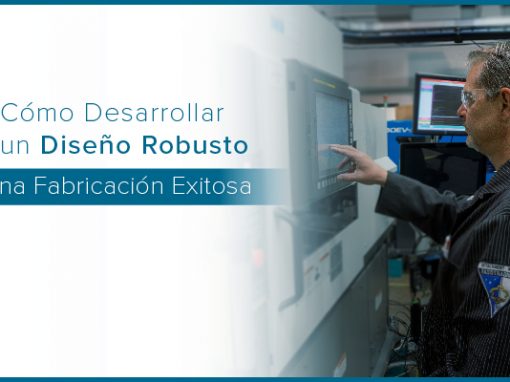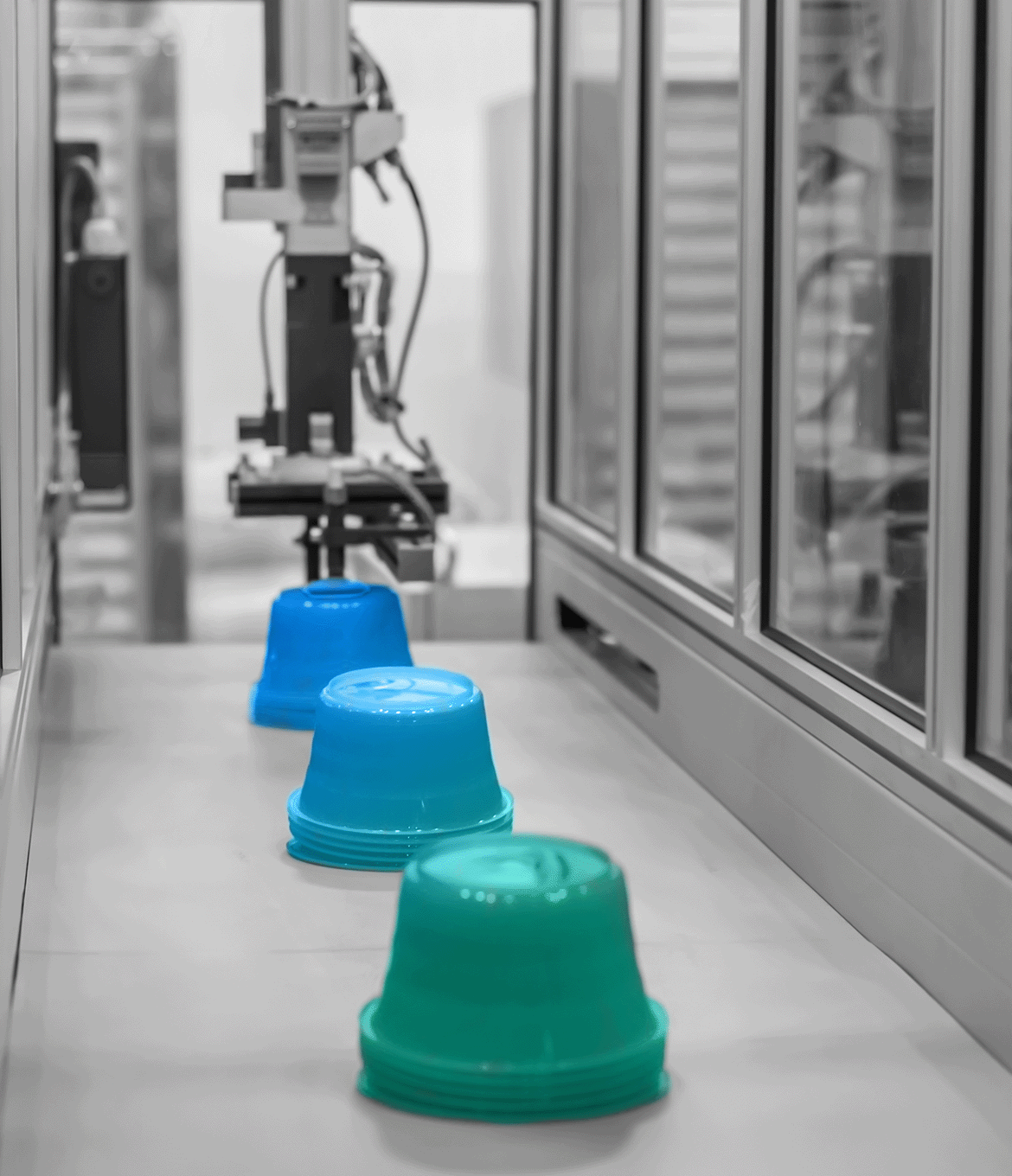If you’re in the injection molding industry, it’s safe to say you’ve probably experienced the pains of the skills gap. The fact is, there just aren’t enough trained technicians to go around, and when you do find one, they can be hard to keep. That leads to throwing money away on waste, high employee turnover, low morale, stress, and unhappy customers. Here are 5 ways you can get your team speaking the same language and eliminate some of the pains of the injection molding skills gap.
1. Training and Development Programs
Investing in training and development programs is essential to address the skills gap. Companies should allocate resources to provide comprehensive training for both new hires and existing employees. This training should encompass technical skills such as mold design, machine operation, material selection, and quality control, as well as soft skills like problem-solving, communication, and teamwork. Additionally, offering well-known programs such as Master Molder® can enhance the credibility of employees and attract potential candidates, as these certificates demonstrate a commitment to professional development.
2. Apprenticeships and Mentorship Programs
Apprenticeships and mentorship programs play a crucial role in developing a skilled workforce. By offering apprenticeships, companies can provide aspiring injection molders with practical, on-the-job training under the guidance of experienced professionals. This hands-on experience is invaluable in acquiring the necessary skills and knowledge. Mentorship programs, on the other hand, facilitate the transfer of expertise from seasoned professionals to new recruits. Establishing a culture of mentorship within organizations promotes continuous learning and ensures that valuable knowledge is passed down to the next generation.
3. Embrace Technology and Automation
The injection molding industry is evolving rapidly, with advancements in technology and automation. To bridge the skills gap, companies must embrace these innovations and equip their workforce with the necessary technical skills. Offering training programs that cover the operation and maintenance of automated machinery, robotics, and computer-aided design (CAD) software is crucial. You could also invest in new software such as CoPilot® that bridges the skills gap by walking molders through step-by-step how to fix a process. By integrating technology into the injection molding process, productivity can be enhanced, and repetitive tasks can be automated, allowing workers to focus on more complex and critical aspects of the job.
4. Build an Employee Recognition Program
Creating an employee recognition program or a way to publicly praise and reward team members for achievements, going above and beyond, or making progress toward a goal not only makes employees feel seen and appreciated, but also boosts confidence and work ethic across the organization. This inspires the team to work more effectively, celebrate each other, and take pride in what they are accomplishing. Creating and posting an empowering company vision and mission also helps employees feel that they’re contributing to a higher purpose, which leads to higher productivity and ownership.
5. Promote Industry Awareness and Recruitment
To attract new talent to the injection molding industry, it is essential to promote awareness of its opportunities and potential. Engaging with schools, career fairs, and vocational training centers can help showcase the industry as an attractive career option. Companies can also collaborate with educational institutions to establish scholarships or sponsor student competitions related to injection molding. By actively participating in recruitment efforts and fostering interest in the field, organizations can build a pipeline of skilled individuals passionate about injection molding.
Conclusion
The injection molding skills gap presents a significant challenge for the industry, but with proactive strategies, it can be overcome. Through collective efforts, we can build a thriving industry that continues to innovate and meet the growing demands of the manufacturing sector.





